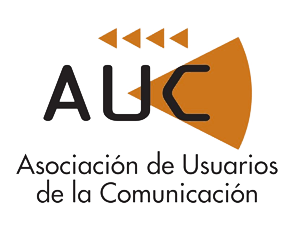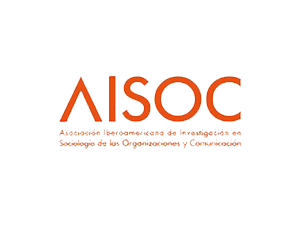Resumen
La era digital ha abierto muchos caminos nuevos para el estudio de las Ciencias Sociales impensables unos años atrás. Las tecnologías de la información y la comunicación (TIC) han supuesto un antes y un después en el comportamiento humano y en las relaciones sociales.
El desarrollo de la llamada Sociedad Red, marca una transición hacia esa nueva forma de comunicación global, donde las redes sociales digitales son las que conectan en tiempo real a las personas y los grupos. Los constructos más habituales en este contexto son los que estudian y analizan la alfabetización digital y/o la ciudadanía digital, a los que habría que añadir el de competencia digital y, sobre todo, el de comportamiento digital.
La vertiginosa evolución de las TIC ha llevado al desarrollo del comportamiento digital, donde conviven los nativos digitales que han nacido y crecido en la era digital y los inmigrantes digitales que no han crecido en un mundo digital, pero que han sabido integrarse.
La construcción del autoconcepto se lleva a cabo durante la adolescencia. Es fundamental en este periodo que se configure adecuadamente la imagen corporal mediante el autoconcepto como una representación mental de las características y cualidades personales autopercibidas que son consistentes en el tiempo.
En la formación del autoconcepto juegan un papel fundamental los procesos relacionados con la ansiedad, el estrés, la autoestima y las relaciones interpersonales, donde el grupo de iguales ejercerá una influencia determinante con este constructo.
La evidencia científica nos indica que el grupo de iguales es el que ejerce mayores niveles de refuerzo en las necesidades esenciales de los adolescentes, orientadas a conseguir una plena integración en el grupo y una optimización de los procesos de autoceptación.
En este trabajo analizamos los procesos de influencia del comportamiento digital de los adolescentes en la configuración del autoconcepto desde una vertiente teórica, que sirva para desarrollar programas preventivos que canalicen y mejoren la autopercepción de los adolescentes, evitando problemas de ansiedad, estrés, autoestima y relaciones interpersonales, tanto con el grupo de iguales como entre la familia y el mundo adulto.
Palabras Clave / Adolescentes / Autoconcepto / Comportamiento digital / Conceptos teóricos / Procesos de influencia
Abstract
The digital era has opened many new paths for the study of social sciences that were unthinkable a few years ago. Information and communication technologies (ICT) have marked a turning point in human behavior and social relations.
The development of the so-called Network Society marks a transition towards this new form of global communication, where digital social networks connect people and groups in real time. The most common constructs in this context are those that study and analyze digital literacy and/or digital citizenship, to which should be added digital competence and, above all, digital behavior.
The dizzying evolution of ICTs has led to the development of digital behavior, where digital natives who were born and grew up in the digital era coexist with digital immigrants who have not grown up in a digital world, but have managed to integrate.
The construction of self-concept takes place during adolescence. It is fundamental in this period that the body image is properly configured through the self-concept as a mental representation of self-perceived personal characteristics and qualities that are consistent over time.
Processes related to anxiety, stress, self-esteem and interpersonal relationships play a fundamental role in the formation of the self-concept, where the peer group will exert a determining influence on this construct.
Scientific evidence indicates that the peer group is the one that exerts higher levels of reinforcement in the essential needs of adolescents, aimed at achieving full integration into the group and an optimization of self-perception processes.
In this paper we analyze the processes of influence of the digital behavior of adolescents in the configuration of self-concept from a theoretical perspective, which serves to develop preventive programs that channel and improve the self-perception of adolescents, avoiding problems of anxiety, stress, self-esteem and interpersonal relationships, both with the peer group and between the family and the adult world.
Keywords / Adolescents / Digital behavior / Influence processes / Self-concept / Theoretical concepts
FIRMANTES
| Nombre | Adscripción | Procedencia |
|---|---|---|
| José Antonio García del Castillo | Universidad Miguel Hernández | España |
| Fernando García-Castillo | Universidad de Alicante | España |
| Paulo César Días | Universidade Catolica Portuguesa de Braga | Portugal |



















